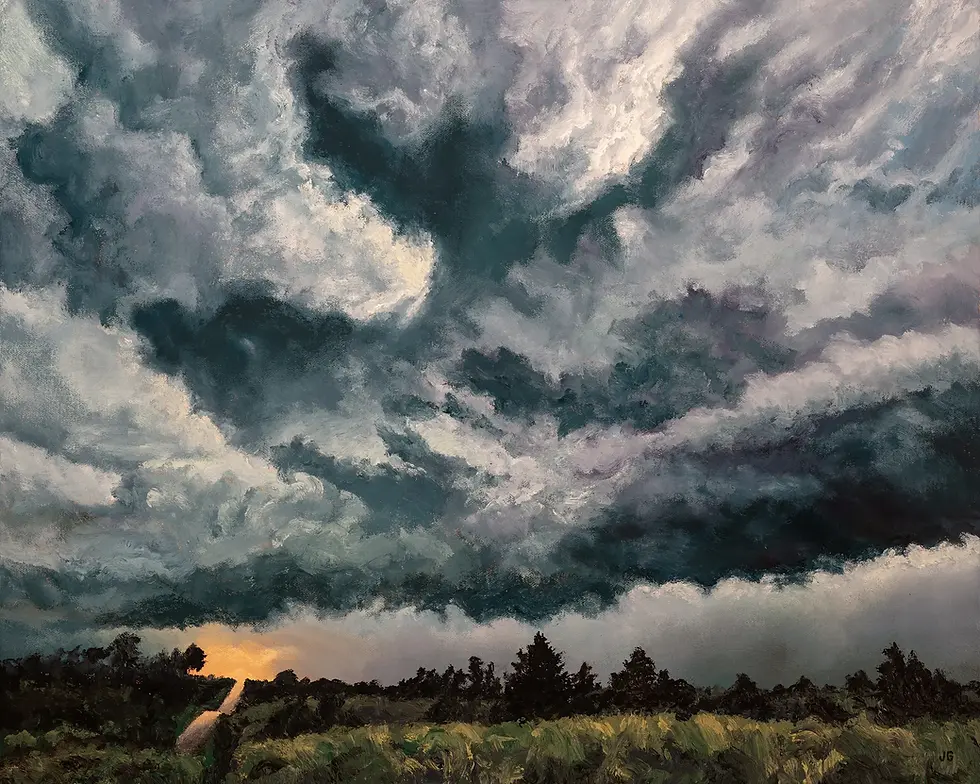"Horsetail", excerpt
- Colin Fleming

- Jan 20, 2020
- 5 min read
Monday 1/20/20
And now we will transition to third person, easy peasy. Excerpt from new story began this morning. A horsetail is a kind of waterfall--the place they go to on the reunion outing has one and is named such--where the water sticks close to the rocks all of the way down, barely gets any separation. The metaphor is thus a lack of separation with something like the substrate of the past. What most writers will do is title their story "The (simple common noun)," pretending they are being "deep" with the minimalistic touch, but the truth is, they cannot think of anything else, cannot think of anything that works on multiple level simultaneously--a third here is that there is a lot of water and liquid in this story--and nothing actually happens in their story, so they have to do those kind of poses, as they want to conflate passivity and absence with depth and presence. "The Floor," "The Trip," "The Table"--meaningless. Don't be fooled. It's very passive aggressive. They want to trick you. And it's also a form of desperation because they know they have nothing in reality. That's why they need their so-called community--a community that is entirely about people lying to each other. Talk to one of these people--and I do sometimes off of social media--and the first thing they start talking about is their community. The friends they think you have in common with them. "Seattle has such a great writing community." That shit is all for lying to yourself.
***
Gordon’s family was the richest in Greenwich, an achievement doozy, considering. Leighton had not been in their house since he and Gordon were friends, linemates on the hockey team that won the state championship, a quasi-expectation for a Connecticut powerhouse. He had never seen so many pilasters, as though a stretch of wall could extend no more than ten feet without belching forward another. They still looked to him like the folds of an accordion, rectangular blisters with grooves, but they were so damn baronial, even more now than before, enough to make another perfectly good home seem like an architectural starveling.
Part of the basement had been designed as a street hockey rink, probably a quarter of the size of a real hockey rink, Leighton would estimate, re-tabulating his informal, eyeballed measurements each visit, sometimes counting his steps between face-off dot and goalpost.
He was a center and Gordon was the team’s goalie, but in the basement, getting high after school, listening to Velvet Underground records and live Metallica recordings, Leighton would put on the goaltender’s equipment and Gordon fired shots. He had a rifle of a slapper, hardest on the team, despite only getting to use it in these sessions. They bonded over music more than hockey, each having previously believed that no one else their age listened to what they liked to listen to. Gordon was even into the Pretty Things, a decently obscure British rhythm and blues band. When Leighton learned that—and when Gordon got an eyeful of Leighton’s Joy Division bootlegs on cassette, all organized by date in a rack next to his bed under an Ian Curtis poster—hockey felt secondary.
That was a long time ago, Leighton thought, drinking a cranberry juice in the living room of this home he had not visited in a quarter of a century, his ex-classmates swirling around him. There was no Metallica on the sound system. He thought it was Gil Evans-era Miles Davis, all class. The women tended to look more like they had looked before than the men did. He still viewed them as the girls and the boys. When he would come home from Gordon’s, he’d have welts on his body, despite the padding. The welts were bigger on his thighs. Patricia saw them one time, after he had taken off his boxers, having made sure his door was locked in case his parents came home, turning up the music of the Door’s Absolutely Live which he felt, or hoped, made him very edgy and passionate, though still sincere. As she looked, touched them with her fingers, having wet the tips in her mouth first, he said, “Gordon did that,” and she replied, “And I am going to do this,” putting him in her mouth, despite being his friend’s girlfriend.
Leighton wondered if the street hockey rink was still in the basement as his ex-classmates continued to swirl. They talked fast—they had a lot to catch up on, even after having been together all day. The rink was probably something else. Maybe an indoor pool. A screening room. Place to exhibit the Seurat sketches Gordon’s dad collected. Gordon hadn’t lived here in decades. He worked in Manhattan, summered—being one of those people for whom “summer” becomes a verb—either in the Hamptons or Cape Cod, the Cape Cod residence stashed inside a gated community. Occasionally, before Leighton gave up drinking, he would log on to Facebook, saying to himself that he would look at the profiles of a few friends he no longer had, just to see what they were up to, sometimes to get motivated to keep going to the gym, but he usually got no further than one or two. He was pretty shitfaced by then. Had probably dined on a microwaved convenience store sub, too, promising himself he’d run an extra three miles in the morning. Sometimes it was Gordon whose profile began and ended his search, sometimes Patricia. There was likely something in his drink. That would explain the swirling of these men and women he struggled to bring himself to think of as men and women.
One time, Gordon, tripping balls, said, “I want to plunder your brain,” though he had no clue what the word “plunder” meant, but it became a kind of code for them meaning something extra was in a cookie or a joint. He wondered how they had been able to stay so fit, rock the rock hard abs, have the resting heart rate around 60 BPMs, never get winded during sprints at practice, with all of the drink and drugs. If the seventeen-year-old version of Gordon were sitting next to him now and Leighton asked, the answer would run along the lines of “Because we fucked a lot, bro,” which was not especially true, given what in one of the two moments of real friendship they ever shared, Gordon had once told Leighton.
Gordon had organized the reunion event. He even rented a couple of school buses, which was ironic, as most of them had had their own new cars that they drove to school for at least a couple years, and when Leighton was on the bus it always felt like he was the only one present. When he was tired he had to be careful not to lie down and fall asleep, because there probably wouldn’t even be anyone to wake him, and he could end up at the town dump, which is where the buses were parked, behind a mountain of salt for the snow in the winter, when they were not in use.





Comments